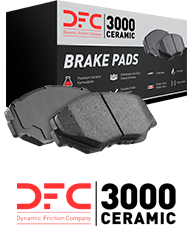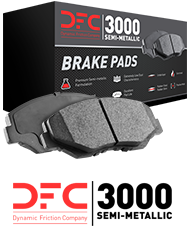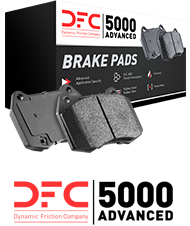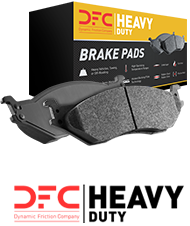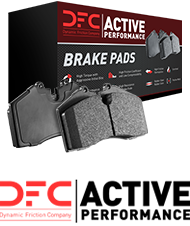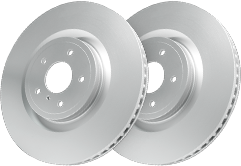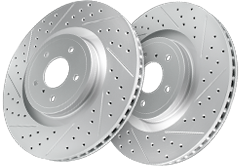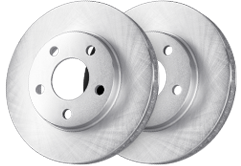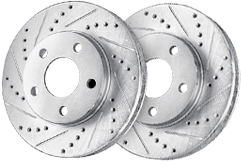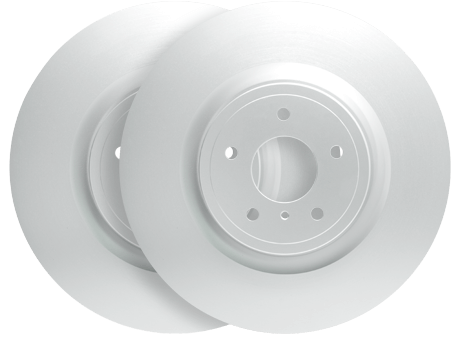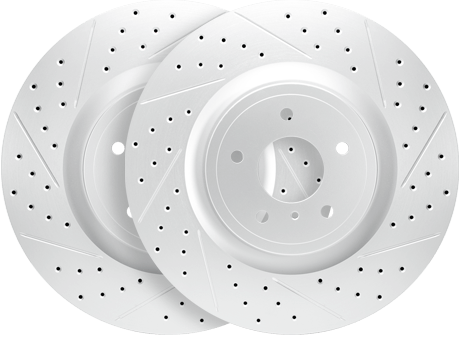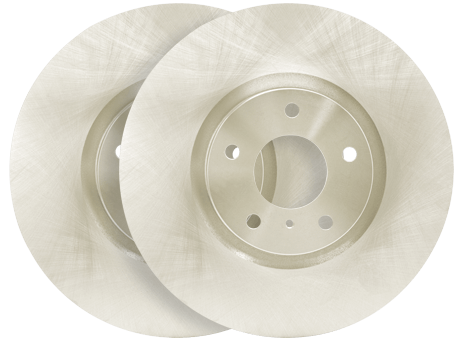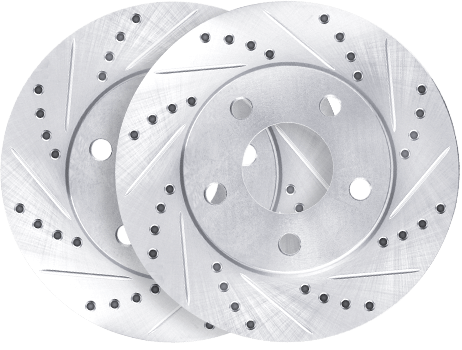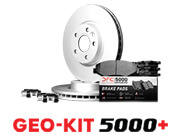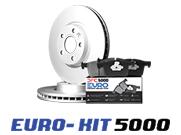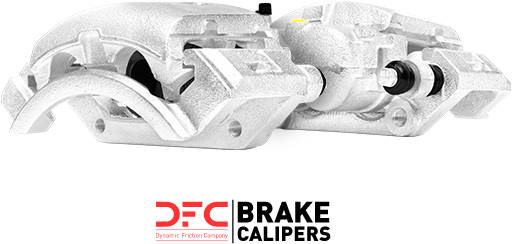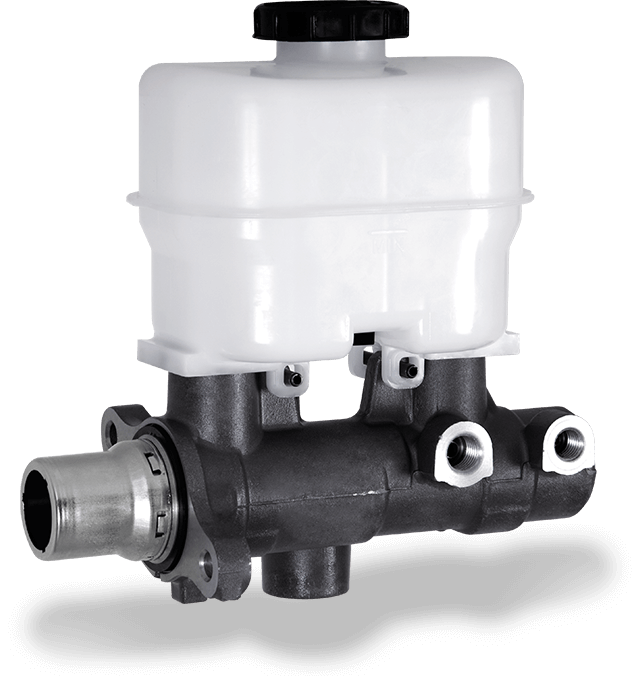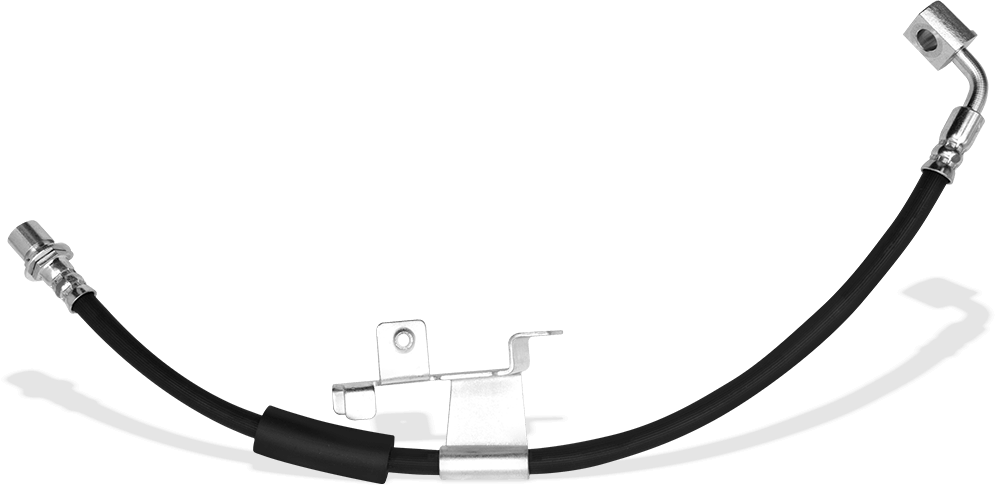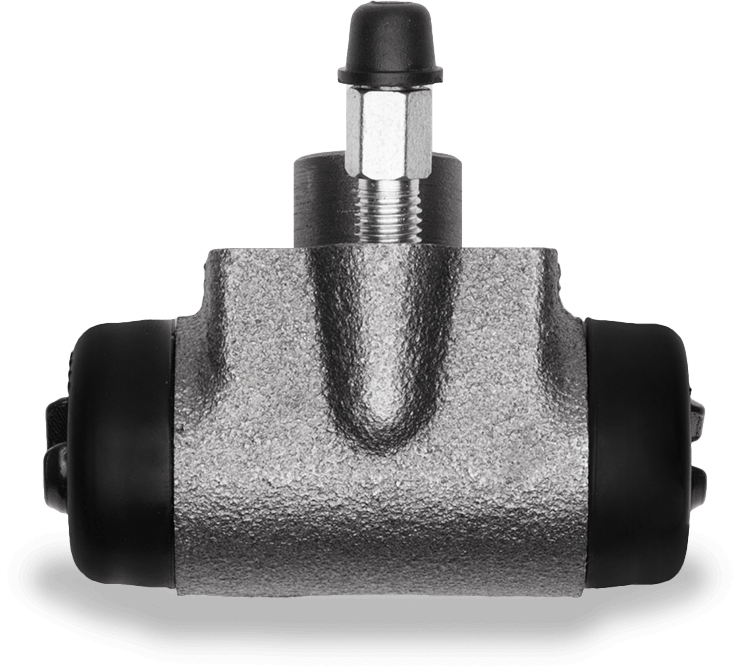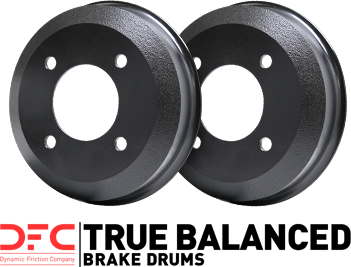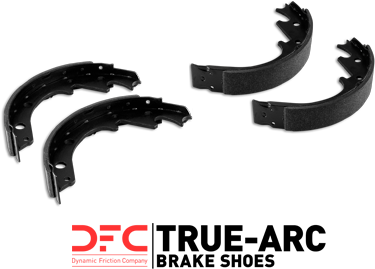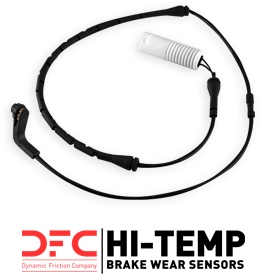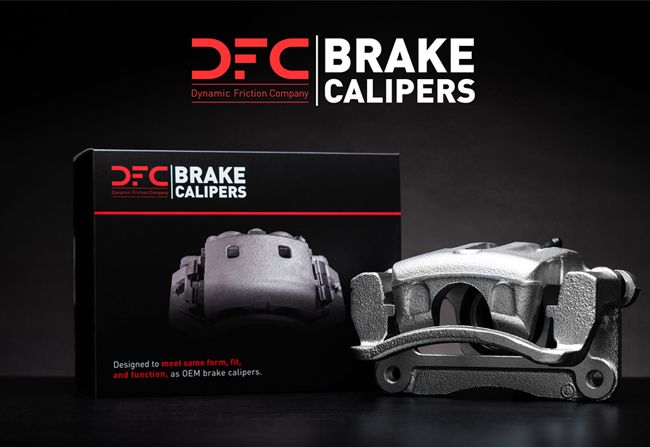
Dynamic Friction Company Unveils Custom Caliper R & R Program
Cerritos, California – Brake component manufacturer DFC (Dynamic Friction Company) announced the unveiling of their newest addition to the DFC brake offering. DFC announced that it would begin offering a custom premium brake caliper R & R Program. Continuing with their desire to meet their customers’ needs, DFC listened and responded quickly by having hard to find brake calipers rebuilt and quickly returned to these awaiting customers.
“Our market research revealed that many of our customers needed a response mechanism that would allow them to send in a difficult to find caliper and have it remanufactured and returned to them in one to two days”, said DFC CEO Dan Nguyen. “We’ve decided to expand the program by offering everything from a quick quality remanufactured turnaround to adding a zinc plated coating within 2-4 days…start to finish and for the more discriminate and those with time to spare, we are even offering a beautifully custom powder coated caliper (black or red) with an unprecedented 5-10 day average turnaround. This program allows our customer base to have a custom manufacturing direct connection without having to deal with a niche specialist.”
DFC brake calipers are remanufactured to the standards of the original equipment manufacturer (OEM) and are guaranteed to meet or exceed the OEM’s strict standards for performance, drivability, and durability.
- 100% rust protection coating – Zinc coated
- 100% brackets (where applicable)
- 100% plated hardware and springs
- 100% high and low pressure tested – To ensure reliability and long-lasting performance.
- 100% brand new phenolic pistons replacement – Over time, excessive overheating or unexpected side loads can compromise and damage phenolic pistons. Any possible heat damage and stress cracking of a phenolic piston cannot easily be determined or identified through normal non-destructive inspection processes. Visual inspections only reveal typical appearance issues such as cracking, chipping or decay. Visual inspections cannot predict the internal condition of the phenolic material.

 UNITED STATES
UNITED STATES